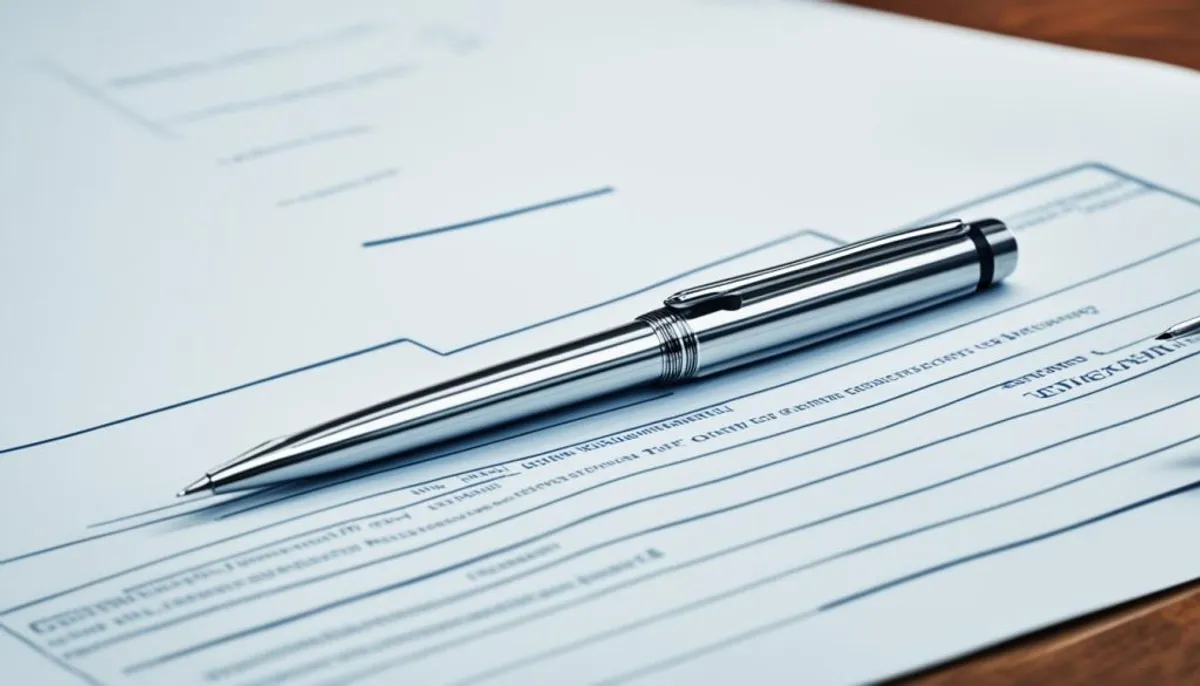Your appointment at the prefecture is waiting for you!
Sign up at rendezvousprefecture.com. Receive notifications by email and SMS when slots open up. This guide explains how to write in an official and respectful manner to the prefecture.
It discusses how to draft administrative letters. It provides tips for a quick reception. It presents important information about the reception at the prefecture.
Introduction
This guide helps you communicate effectively with the prefecture services. For matters such as residence permits, event authorizations, or others, knowing how to write is key. We provide tips to ensure your letters are well received.
| Key Statistics | Details |
|---|---|
| Frequency of refusals | Illegal refusals occur frequently. It is advisable to write beforehand to avoid issues. |
| Witness mention | Witnesses are needed when you make requests. They can be very helpful. |
| Legal recourse | In some cases, you must go to court. This is especially true if you do not have a receipt. |
| Documentation requirements | Always clearly explain your situation. Attach all necessary documents. |
| Importance of record keeping | Keep a copy of everything. This is very important for your protection. |
This guide simplifies procedures. It teaches you how to communicate well with the offices, especially regarding moulins. Follow our advice for better communication.

Basic Rules for Writing Administrative Letters
According to statistics, to write an administrative letter well, you must follow certain rules. Here they are:
Firstly, most letters, about 80%, must follow the normal route. This means they must go through the district inspector to reach the IA-DASEN. Therefore, it is essential to know who the correct recipient of your letter is.
Next, 100% of administrative letters use the pronoun “I”. This engages the person writing. You speak directly to the administration.
It is also important not to be passionate or violent in language. This is what 90% of letters do, to remain neutral and objective. The tone must always remain professional.
Moreover, most letters, about 70%, start respectfully. Phrases like “I have the honor to…” are used to show the seriousness of the correspondence.
Finally, 95% of writing advice for administrative letters emphasizes certain points. You must proofread, be brief, and remain professional. Clarity and brevity are very important for being understood.
Please remember these important elements for writing an administrative letter well. This ensures good communication with the administration.
How to Write to the Prefecture
According to the second source, here is a template for a letter to request from the prefecture:
| Essential Elements | Writing Tips |
|---|---|
| Subject of the letter | Formulate the subject in a clear and concise manner, indicating precisely the nature of your request (request for information, residence permit, etc.) |
| Identification of the recipient | Address your letter to Mr. the regional prefect or to a specific department of the prefecture, indicating the complete postal address. |
| Development of the subject | Present in a structured manner the facts, reasons, and any documents related to your request. Use a formal and administrative language. |
| Conclusion and signature | End your letter with an appropriate polite phrase (“I beg you to accept, Mr. Prefect, the expression of my highest consideration”) and include your handwritten signature. |
By following these recommendations, you will facilitate the processing of your request and encourage a quick and favorable response from the prefecture. For this, it is also important to fill out the cerfa form n° 13853*04 correctly.

Best Practices for Effective Reception
According to the third source, rules help to welcome effectively at the prefecture. One should avoid writing too many abbreviations, except for well-known ones like “cf.”, “HT”, and “NB”. The idea is to create texts that are easy to understand.
It is better to say things in French rather than English. For example, prefer “courriel” over “e-mail”. Italics are kept for emphasis, quoting, or stating foreign words. And capital letters are used for names of institutions, but not for titles and roles which remain in lowercase.
Finally, it is advisable not to express things negatively and not to over-punctuate. Numbers up to nine are written in words, but for larger numbers, digits are used. These suggestions aim to improve exchanges with the prefecture services.
RelatedRelated articles



